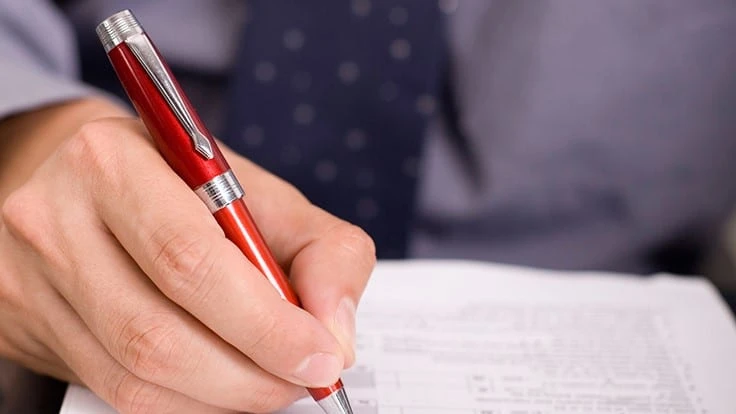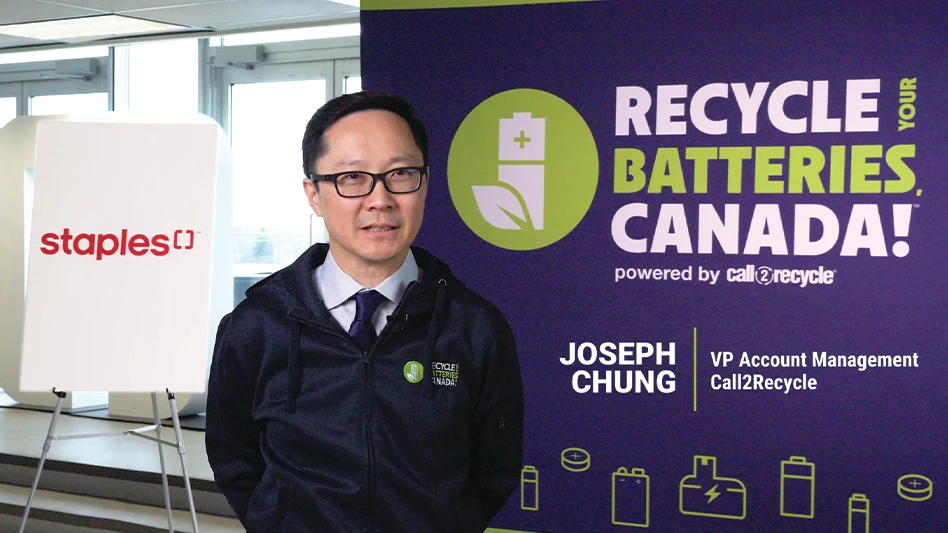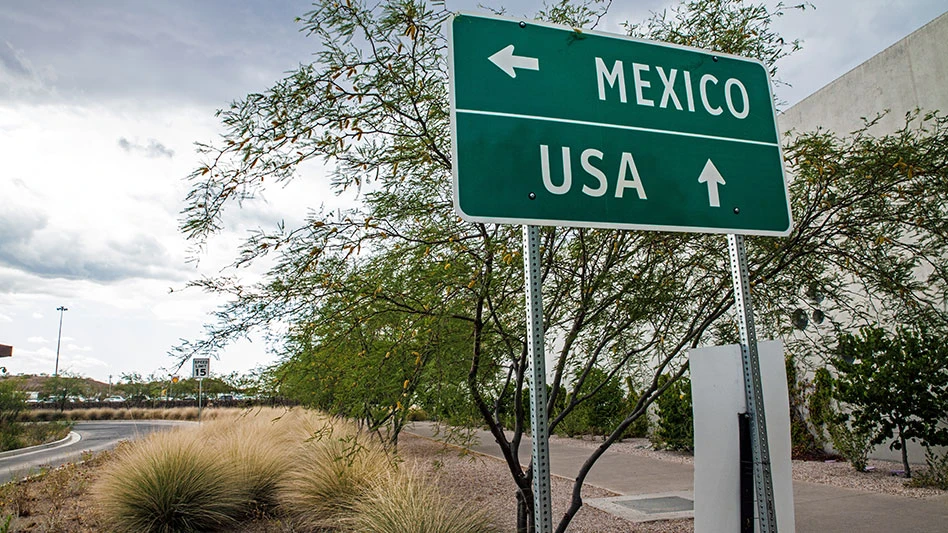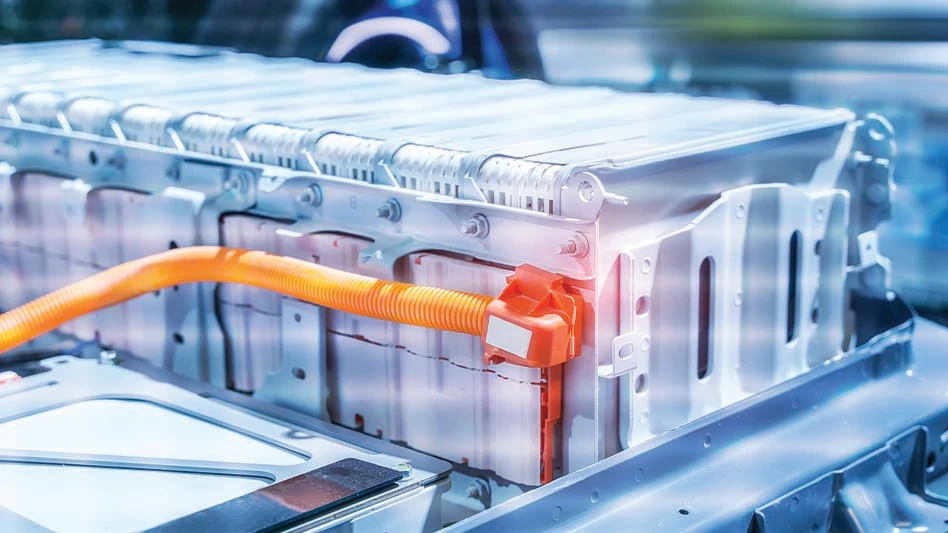
© Sandra Dragojlovic | Dreamstime.com
U.S. Sen. Tom Udall of New Mexico and Rep. Alan Lowenthal of California are encouraging state lawmakers to introduce and enact legislation to tackle plastic pollution and packaging at the state level. The two legislators sent a memo to the National Caucus of Environmental Legislators Aug. 10 that encouraged state lawmakers to introduce new legislation around plastic pollution. The memo included blueprints from the Break Free From Plastic Pollution Act, which Udall and Lowenthal introduced on a federal level Feb. 11, for state legislators to draw from.
“The Break Free From Plastic Pollution Act goes beyond plastic to tackle all manner of products and packaging that are impacting our environment, straining our budgets and threatening our health. This memo is broken into components of the [the Act],” the lawmakers write in the memo. “We encourage you to use the attached blueprints along with the bill text and our supplemental materials to craft robust legislation for your state. Whatever you decide, we encourage you to build on the great action that has already taken place across the country and to further push for change that will have a lasting impact.”
The memo from Udall and Lowenthal guides state lawmakers around the following topics:
- producer responsibility policies;
- beverage container deposit and refund programs;
- simple plastics laws;
- reducing other disposable plastic items and encouraging compostable materials;
- postconsumer recycled content, recycling and composting labeling;
- preventing plastic waste exports to developing countries; and
- development of new plastic production facilities.
According to a news release from Udall and Lowenthal, the Break Free From Plastic Pollution Act is based on proposed legislation and existing statutes from various states combined to create a comprehensive bill to address plastic pollution and packaging waste in the U.S. It phases out unnecessary single-use plastic products, makes polluting companies pay to clean up their plastic pollution and packaging waste, sets up a nationwide beverage container refund program; requires postconsumer recycled content in new products; requires accurate labels for recycling and composting; prohibits the export of plastic waste to developing countries; and pauses the build-out of new plastic producing facilities until regulations are updated.
Associations and recycling industry groups have mixed views on the Break Free From Plastic Pollution Act, though.
Billy Johnson, chief lobbyist at the Washington-based Institute of Scrap Recycling Industries (ISRI), says the legislation is “deeply flawed and faces an uncertain outlook in Congress as a result.”
He continues, “ISRI did work with the bill's authors on provisions the recycling industry believes would improve it including the use of more recycled content in products and encouraging manufacturers to consider a product's end of life during the design phase." Johnson adds that the association will work to educate lawmakers on some of the negative impacts in the current version of this legislation.
The Plastics Industry Association (Plastics), Washington, also expressed concerns about the legislation.
“The title of this bill suggests it is more interested in garnering headlines than it is in finding solutions,” said Tony Radoszewski, president and CEO of Plastics, upon the introduction of the bill. “Plastics only account for 13 percent of municipal solid waste in the U.S. Any effort to specifically target plastic materials—that after life cycle analysis, prove to be more environmentally desirable than other materials—would be misguided at best and harmful at worst.”
Yet others are more optimistic about the Break Free From Plastic Pollution Act.
“Deposit systems represent the most effective beverage container recycling programs available, and the [Break Free From Plastic Pollution Act] provides a valuable framework for modernizing them in the 10 state with these laws and in developing them in the 40 without,” says Susan Collins, president of the Container Recycling Institute, Culver City, California. “With the use of consumer-focused technologies, coverage of all relevant beverage types, an increase in deposit amounts and adequate handling and processing fees for redemption centers, we can achieve beverage container recycling rates of more than 80 percent, compared to the current 23 percent in non-deposit states. This would mean dramatically less litter and harmful marine debris, fewer greenhouse gas emissions and deposit money back in consumers’ pockets.”
Sponsored Content
Labor that Works
With 25 years of experience, Leadpoint delivers cost-effective workforce solutions tailored to your needs. We handle the recruiting, hiring, training, and onboarding to deliver stable, productive, and safety-focused teams. Our commitment to safety and quality ensures peace of mind with a reliable workforce that helps you achieve your goals.
The Break Free From Plastic Pollution Act is still awaiting legislative action. According to the memo from Udall and Lowenthal, they hope the bill will be further explored during the legislative process or in 2021 when the bill is reintroduced in the 117th Congress.
Get curated news on YOUR industry.
Enter your email to receive our newsletters.
Latest from Recycling Today
- Recycled steel price crosses $500 per ton threshold
- Smithers report looks at PCR plastic’s near-term prospects
- Plastics association quantifies US-EU trade dispute impacts
- Nucor expects slimmer profits in early 2025
- CP Group announces new senior vice president
- APR publishes Design Guide in French
- AmSty recorded first sales of PolyRenew Styrene in 2024
- PRE says EU’s plastic recycling industry at a breaking point







